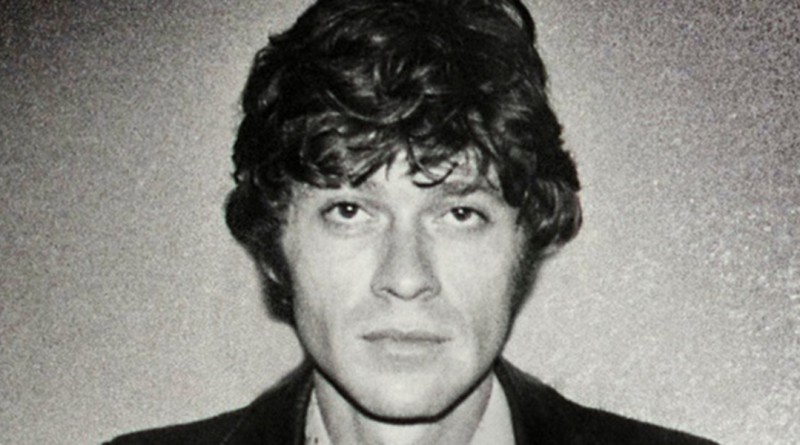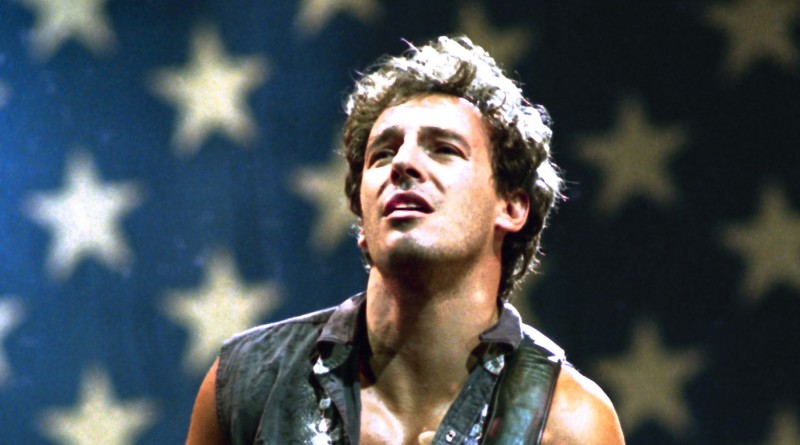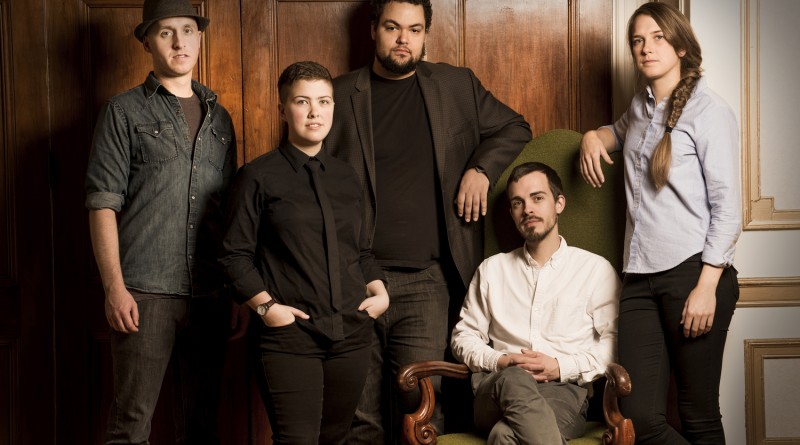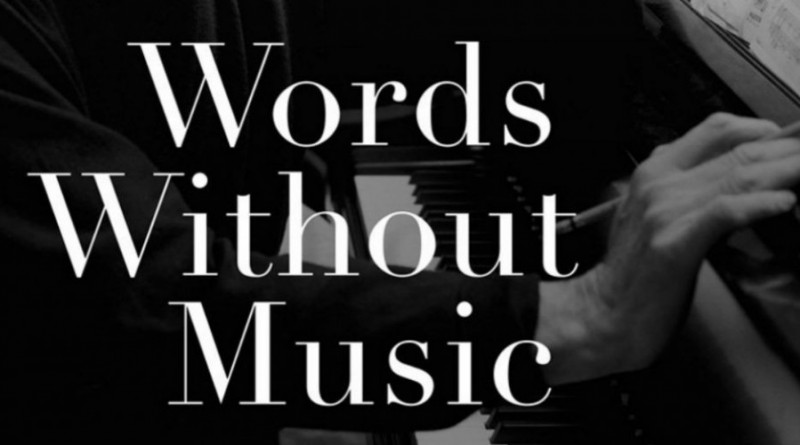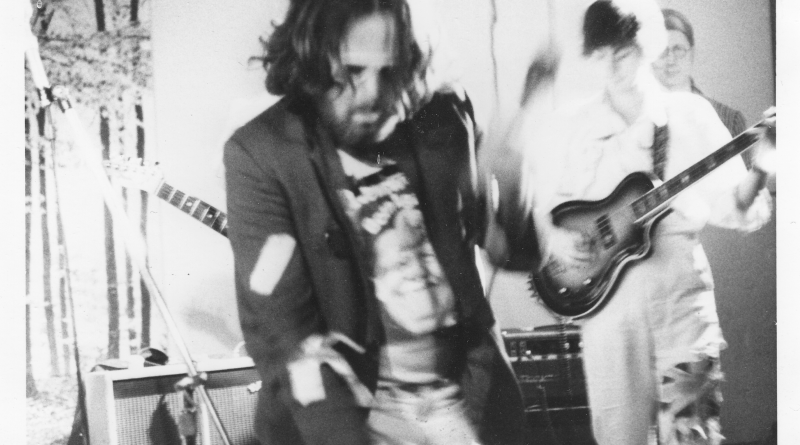Robbie Robertson’s “Testimony” – A Review
The guitarist and chief songwriter of The Band, Robbie Robertson, released his memoir Testimony late last fall, amidst the usual media fury. The book had to compete with Bruce Springsteen’s lumbering autobiography in the rock book sweepstakes, so Testimony was a tad overshadowed, which is unfortunate, because it is by far the better read.
Robertson concentrates on the period from roughly 1958 when he joins Ronnie Hawkin’s backing ensemble to the final performance of The Band at The Last Waltz in 1976, (the film and the triple album were finally finished two years later in 1978). He charts the ups, downs and in-betweens of a dubious and difficult industry that expanded with the 1960s counterculture, only to crash back to earth in the 1970s due to an excess of a growing drug culture that took its toll on The Band and their contemporaries.
Testimony bears all the hallmarks of Robertson’s songwriting: intelligence, taste, restraint and integrity. The end result is a terrific book and an essential read for anyone interested in music and cultural history, documenting a bygone era of high hopes, shattered dreams, and beautiful music.
Read more
